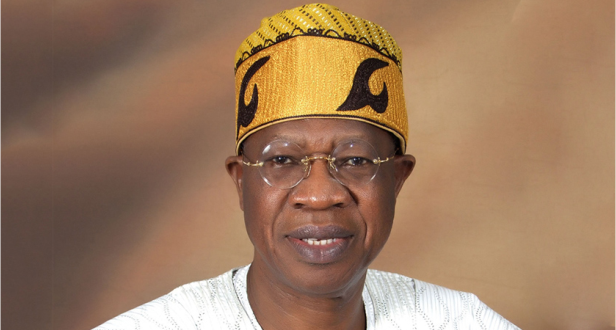- FG Approves N206bn Anambra, Delta Link Road
The Federal Executive Council on Wednesday approved the contract for a 11.9-kilometre link road for the Second Niger Bridge.
The road that cut across Anambra and Delta states will gulp N206bn.
The Minister of Information and Culture, Alhaji Lai Mohammed, disclosed this to State House correspondents at the end of a meeting of the council presided over by President Muhammadu Buhari at the Presidential Villa, Abuja.
Mohammed explained that the contract for the link road also included the provision of associated infrastructure for the bridge.
He said the contract was awarded to Julius Berger Plc, which is already working on the project.
The minister stated that the Public Private Partnership model adopted for the project by the last administration had failed but that the present government was determined to complete it.
He added that the council awarded a contract for the rehabilitation of a road in Enugu State for N11.58bn.
According to him, the council also approved contracts for the provision of consultancy services and mining exploration at the cost of N12.7bn.
Mohammed added that the FEC ratified a multilateral competent agreement to assist in curbing tax evasion and improve revenue collection.
He said the council approved the Africa Project 50th Article of Association with two windows to allow for project finance by the Africa Development Bank as well as the Financial Transparency Policy Guideline memo, which would allow for more transparency on how government revenue were being handled.
He explained, “The three memos from the Ministry of Finance that were approved include the ratification of the multilateral competent authority agreement on automatic exchange of financial accounting information, ratification of the Africa 50th Articles of Association and the approval for the financial transparency policy guidelines.
“The first memo sought for the ratification of the multilateral competent authority agreement on automatic exchange of financial account information.”
Mohammed added, “The memo is going to assist in curbing tax evasion and improve the revenue collection of government.
“The Minister of Finance also presented a memo asking for approval for the ratification of the African 50th Articles of Association. This particular memo is unique in the sense that both the African 50th Project Finance and African 50th Project Development Association are actually two windows, which have been created by the African Development Bank to allow for bankable infrastructural projects to be financed by the subsidiaries of the African Development Bank. The memo will take care of certain projects, which cannot be financed simply by the AfDB.
“Such projects are to be financed by these two platforms and already, Nigeria is one of the founding members of these two platforms and has invested heavily in them, and the ratification of this treaty has made it possible for Nigeria to take advantage of this.”
According to him, the Minister of Finance is seeking the council’s approval for the financial transparency policy guidelines.
He stated, “This memo was approved and I think the unique thing about this memo is that it is going to bring more transparency to how government revenue and accounts are being handled.
“As a matter of fact, with the approval of this memo, it will now be possible for the public to know exactly how much revenue is collected by the government, how much is being spent just by going on the website of the various ministries, department and agencies.”
Mohammed said the council also approved the revised estimated total cost for the engineering, procurement and construction of the OB3 gas pipeline project.
He explained, “This is a project that has been awarded but there was a need for the cost of the redesigning to seek for council’s approval so that there will be enough funds to execute the project.
“The project is important because it has to do with the delivery of gas from the eastern part of the country to the power turbines to improve our power supply. This contract is awarded to Nestor Limited and Olisa Limited and the total cost of the contract is $92m and N765,968,000,000.”

 Naira4 weeks ago
Naira4 weeks ago


 Naira4 weeks ago
Naira4 weeks ago




 Naira4 weeks ago
Naira4 weeks ago




 Naira3 weeks ago
Naira3 weeks ago
 Commodities4 weeks ago
Commodities4 weeks ago


 News4 weeks ago
News4 weeks ago
 Travel4 weeks ago
Travel4 weeks ago




 Naira3 weeks ago
Naira3 weeks ago






















